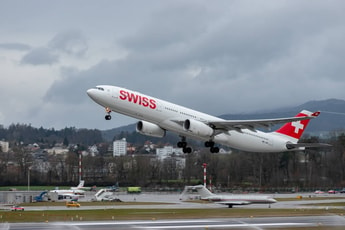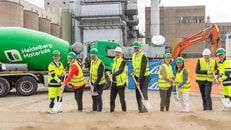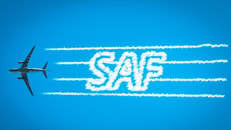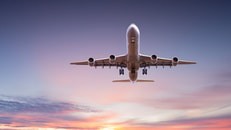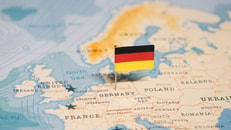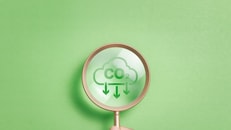SWISS airline to use synthetic fuels made with solar energy
Switzerland’s national airline SWISS will use sustainable fuel manufactured with solar energy for its regular flight operations at Hamburg Airport, Germany.
Swiss-based clean tech company Synhelion has delivered a 190-litre barrel of synthetic crude oil from its DAWN production facility, which launched last year, to a refinery in Northern Germany. The oil, made using solar energy, was processed into Jet-A-1 aviation fuel.
The fuel was then fed into SWISS’s flight operations infrastructure via the fuel supply system at the airport.
... to continue reading you must be subscribed


